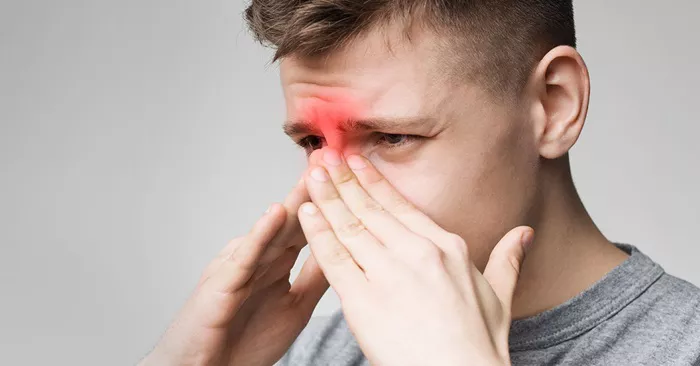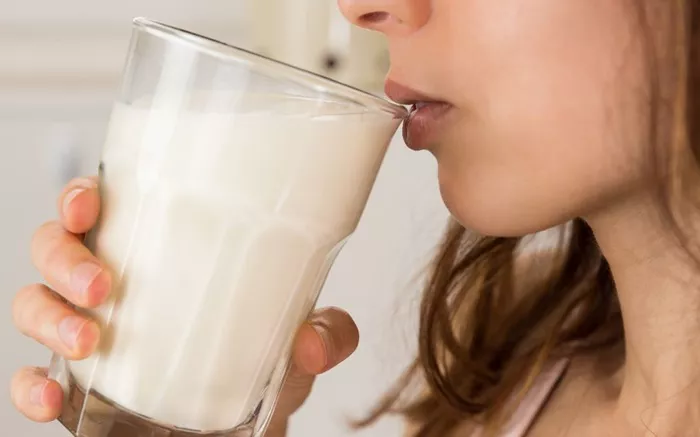Obsessive-Compulsive Disorder (OCD) is a mental health condition characterized by persistent, unwanted thoughts (obsessions) and repetitive behaviors (compulsions). Among the various manifestations of OCD, Harm OCD is a subtype that is particularly distressing and misunderstood. This comprehensive article aims to explore Harm OCD in depth, including its symptoms, causes, impact, and treatment options. By gaining a better understanding of Harm OCD, individuals affected by this condition and their loved ones can seek appropriate help and support.
What is Harm OCD?
Harm OCD is a subtype of OCD where individuals experience intrusive thoughts about causing harm to themselves or others. These thoughts are unwanted, highly distressing, and often at odds with the individual’s true character and intentions. Despite recognizing that these thoughts are irrational, individuals with Harm OCD may become consumed by fear and anxiety, leading to significant impairment in their daily lives.
Defining Intrusive Thoughts
Intrusive thoughts are unwanted and involuntary thoughts, images, or impulses that can be distressing and hard to dismiss. In Harm OCD, these thoughts revolve around the fear of causing harm. It’s important to note that having intrusive thoughts is not the same as wanting to act on them; rather, individuals with Harm OCD are deeply troubled by these thoughts and seek to avoid any potential harm.
Difference Between Harm OCD and Violent Tendencies
A key distinction between Harm OCD and violent tendencies is the presence of distress and avoidance behavior. Individuals with Harm OCD are horrified by their intrusive thoughts and go to great lengths to prevent any possibility of harm. In contrast, those with violent tendencies may not experience the same level of distress or avoidance related to their thoughts or behaviors.
Symptoms of Harm OCD
The symptoms of Harm OCD can be broadly categorized into obsessions and compulsions. These symptoms can vary in intensity and frequency, significantly affecting the individual’s quality of life.
Obsessions
Obsessions in Harm OCD involve intrusive thoughts, images, or impulses related to causing harm. These can include:
Fear of Harming Others
Thoughts of Violence: Persistent, unwanted thoughts about hurting others, such as stabbing, choking, or pushing someone.
Fear of Losing Control: Concerns about losing control and acting on violent impulses, even though the individual has no desire to do so.
Images of Violence: Disturbing mental images of committing violent acts against others.
Fear of Harming Oneself
Suicidal Thoughts: Intrusive thoughts about self-harm or suicide, despite having no intention to act on them.
Accidental Harm: Fear of accidentally causing harm to oneself, such as through a car accident or by ingesting harmful substances.
Compulsions
Compulsions are repetitive behaviors or mental acts performed to reduce the anxiety caused by obsessions. In Harm OCD, these can include:
Avoidance Behaviors
Avoiding Sharp Objects: Keeping knives, scissors, and other sharp objects out of reach to prevent potential harm.
Avoiding Certain Situations: Steering clear of situations where harm might occur, such as being alone with vulnerable individuals or driving a car.
Checking and Reassurance Seeking
Checking Behaviors: Repeatedly checking to ensure that no harm has been done, such as checking locks or reviewing actions to ensure no one was hurt.
Seeking Reassurance: Constantly asking others for reassurance that they haven’t caused harm and that they are not a danger to anyone.
Mental Rituals
Neutralizing Thoughts: Repeating certain words or phrases in their mind to counteract or “neutralize” harmful thoughts.
Mental Review: Mentally reviewing past actions to ensure no harm was caused, often leading to excessive doubt and anxiety.
Causes and Risk Factors
The exact cause of Harm OCD is not fully understood, but it is believed to result from a combination of genetic, biological, and environmental factors.
Genetic Factors
Family studies suggest that OCD, including Harm OCD, can have a genetic component. Individuals with a family history of OCD or other anxiety disorders may be at a higher risk of developing Harm OCD.
Biological Factors
Neurobiological factors, such as abnormalities in brain structure and function, are thought to play a role in OCD. Imbalances in neurotransmitters, particularly serotonin, may contribute to the development of OCD symptoms.
Environmental Factors
Stressful life events, trauma, and environmental stressors can trigger or exacerbate OCD symptoms. For example, a traumatic event involving harm may lead to the development of Harm OCD in susceptible individuals.
Psychological Factors
Certain personality traits, such as high levels of responsibility, perfectionism, and a tendency towards overestimation of threat, can increase the likelihood of developing Harm OCD. Individuals who place a high value on moral and ethical behavior may be more distressed by intrusive thoughts about harm.
Impact of Harm OCD
Harm OCD can have a profound impact on various aspects of an individual’s life, including their mental health, relationships, and daily functioning.
Mental Health Consequences
The constant anxiety and distress associated with Harm OCD can lead to other mental health issues, such as depression, generalized anxiety disorder, and panic disorder. The fear of acting on intrusive thoughts can also lead to feelings of shame, guilt, and self-loathing.
Impact on Relationships
Harm OCD can strain relationships with family, friends, and romantic partners. The individual may withdraw from social interactions to avoid potential harm, leading to isolation and loneliness. Additionally, the constant need for reassurance can become burdensome for loved ones.
Daily Functioning
The compulsions and avoidance behaviors associated with Harm OCD can interfere with daily activities, such as work, school, and household responsibilities. The individual may struggle to concentrate, complete tasks, or engage in normal activities due to overwhelming anxiety and fear.
Treatment Options for Harm OCD
Effective treatment for Harm OCD typically involves a combination of psychotherapy, medication, and self-help strategies. The goal of treatment is to reduce symptoms, improve functioning, and enhance the individual’s quality of life.
Cognitive Behavioral Therapy (CBT)
Cognitive Behavioral Therapy (CBT) is the most widely used and effective treatment for OCD, including Harm OCD. CBT helps individuals understand the relationship between their thoughts, emotions, and behaviors, and develop healthier ways of coping with distress.
Exposure and Response Prevention (ERP)
A key component of CBT for OCD is Exposure and Response Prevention (ERP). ERP involves gradually exposing individuals to situations that trigger their obsessions while preventing the accompanying compulsive behaviors. Over time, this helps to reduce anxiety and weaken the association between obsessions and compulsions.
Cognitive Restructuring
Cognitive restructuring involves identifying and challenging irrational beliefs and thought patterns. Individuals with Harm OCD learn to recognize cognitive distortions, such as overestimation of threat and excessive responsibility, and replace them with more balanced and realistic thoughts.
Medication
Medications, particularly selective serotonin reuptake inhibitors (SSRIs), can be effective in reducing OCD symptoms. SSRIs help to increase the levels of serotonin in the brain, which can alleviate anxiety and reduce the frequency and intensity of obsessions and compulsions.
Types of Medications: Commonly prescribed SSRIs for OCD include fluoxetine (Prozac), sertraline (Zoloft), and escitalopram (Lexapro). In some cases, other medications such as clomipramine (Anafranil) or antipsychotics may be used in combination with SSRIs to enhance treatment effects.
Conclusion
Harm OCD is a distressing and challenging condition characterized by intrusive thoughts about causing harm and the compulsive behaviors aimed at reducing anxiety. Understanding the symptoms, causes, and treatment options for Harm OCD is essential for individuals affected by this condition and their loved ones. Through a combination of cognitive-behavioral therapy, medication, and self-help strategies, individuals with Harm OCD can manage their symptoms, improve their quality of life, and achieve a sense of well-being. Reducing stigma, promoting awareness, and ensuring access to effective treatment are crucial steps in supporting those with Harm OCD on their journey to recovery.
[inline_related_posts title=”You Might Be Interested In” title_align=”left” style=”list” number=”6″ align=”none” ids=”9714,9689,9686″ by=”categories” orderby=”rand” order=”DESC” hide_thumb=”no” thumb_right=”no” views=”no” date=”yes” grid_columns=”2″ post_type=”” tax=””]
































